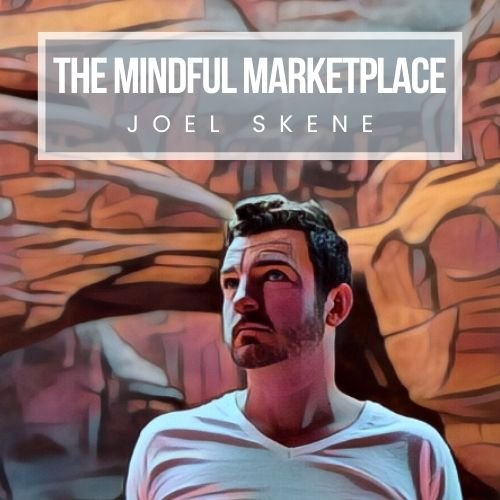The Value You Make
I was recently visiting my hometown for the first time in 16 years. I grew up in an extremely rural part of Western New York. The village I lived in had about 600 people in it. The only industry that you could see for miles and miles was agriculture. The majority were dairy farms, with a few potato and alfalfa fields to keep things interesting. I spent a good deal of time on my Aunt and Uncle's potato farm, and I saw how rewarding and just how difficult owning and operating an American farm was. And I remember my uncle, no matter how difficult times may have been, held strong to his beliefs that hard work and being of value to others would ultimately pay off.
I remember him once saying "My idea of capitalism is that if you do something valuable for someone else, you'll be paid based on the amount of value to give" So his philosophy meant that kept his focus on the amount of value he added day in and day out and kept faith that the market would take care of him.
My uncle was of course tapping into a deeper truth that goes back even further than the rise of capitalism in the 1400s. In fact, his observation that you get paid based on the value you add is a principle that has been true since markets and trade emerged among humans thousands of years ago.
I learned a similar bit of wisdom when I was first getting into sales. I was brand new, very green, and didn't know the first thing about how to "close" someone. One of the best ideas introduced to me at that time was a quote by famous sales trainer Zig Ziglar, who said “You will get all you want in life if you help enough other people get what they want.”
This was a huge mindset shift for me, and it ultimately lead to a huge shift in profitability for my business. Once I stopped trying to sell to everyone, and instead put a focus on how to help everyone, regardless of if I made a sale or not, my sales numbers went up. Once I stopped trying to recruit and hire people to my company for what they could give me, and instead focused only on mutually beneficial partnerships where I could put my focus on helping my people get what they want, I not only found better people, but they wanted to stay with my agency long term, reducing turnover.
But here's the thing about a philosophy like that, it's really easy to say, and it's something completely else to actually live by. It's sometimes hard to put the needs of others over your own. It took me probably a year or two of being my own boss and building my own business before I really started to understand at a deeper level.
Many of us get into business or investing for what we can get out of it. We love the idea of a great income or the freedom that entrepreneurship and capital can bring. But in my experience, if those external comforts are the driving force behind why we do what we do every day, at some point, it will be easy to become sidetracked and discouraged, cut corners on our mission, treat our customers and business partners unethically, and even have to close up shop.
This is a trap that many fall into. Especially in the early stages of a new venture when cash flow is usually low, and experience in business may be even lower, is that desperation tends to be at an all-time high. And I know for myself, the times when I've been desperate to hit my numbers and pay my bills, it becomes more tempting to put my own needs above the customers, and above my people's.
I believe this is a contributing factor to why 90% of businesses fail in their first few years, they allow desperation to derail them from the guiding principles that make their business work in the first place. Chief among them, as a business owner, you only get paid based on how much value you've added to other people. Add a lot of value? Get paid a lot. Add no value? Go out of business.
It may sound too simplistic, but the undeniable truth in business and in life is that helping others is good, and helping only yourself is bad. Recent psychology studies have backed this up. Recent studies have shown that people who practice Random Acts of Kindness defined as "giving something of yourself without expecting anything in return" actually increase reported happiness in the giver more than the receiver. We now have data to back up what we all know, that it's better to give than to receive.
So the question for all of us today, regardless of what we do for a living, is How can I add more value to others today? How can I add more value to my clients and customers? How can I spend and invest my money in alignment with my own values? How can I improve the day of my employees or co-workers? How can I make time with my family a truly valuable experience?
Let's all remember today that the value we take is equal to the value we make.
